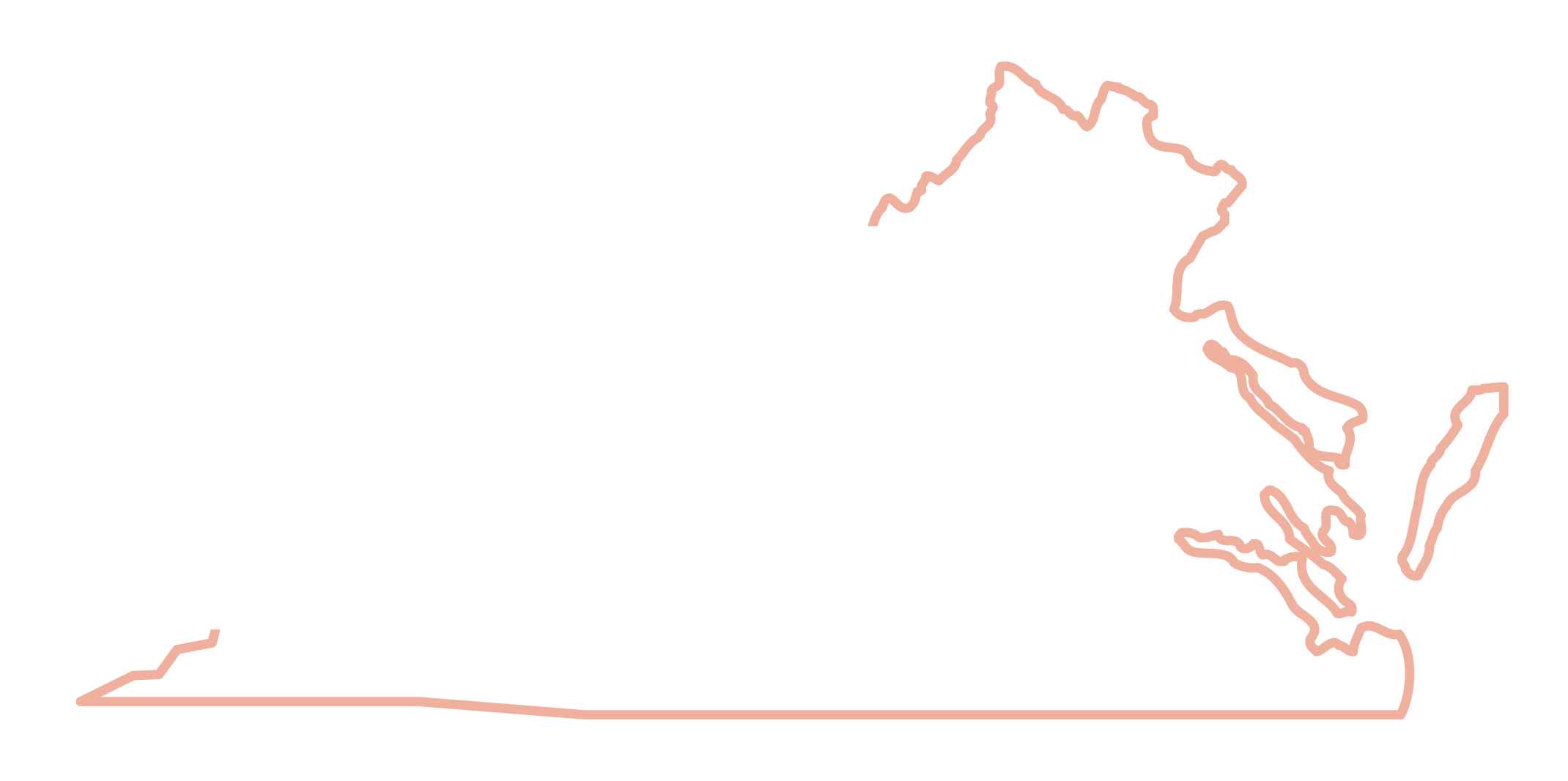Benefits Beyond Connectivity
Tax Revenue with Low Demand on Public Services
The data center industry makes significant tax contributions at the federal, state, and local level that allow policymakers to fund important civic priorities. Between 2017 and 2021, Virginia’s data centers contributed more than $3 billion in state and local taxes.
- In Loudoun County, for example, data centers contributed $653 million in taxes in 2023, making up 31% of the county’s total tax collections that year. County leaders were able to spend those taxes on schools, public safety, health programs, parks and recreation, and community development.
- In Henrico County, county leaders were able to launch an Affordable Housing Trust Fund with $60 million sourced solely from revenue generated by data centers in the county.
Equally important, data centers require minimal local public services to support their operations and employees. In fact, data centers generate significant tax revenue without needing the community to pay for infrastructure improvements, allowing local leaders to increase funding for schools and teacher pay, among other civic priorities. benefit their communities without bringing increased population density, traffic, or infrastructure strain.
- Data centers in Loudoun County return as much as $26 in local tax revenue to fund schools, social services, and other priorities for every $1 they or their employees require in county services.
Economic Impact
Data centers involve huge financial investments in buildings and equipment, with some individual projects exceeding $1 billion in capital investment – investment, revenue, and wages that flow to Virginia businesses and workers each time a new data center is built and becomes operational. In FY 2022 and 2023 combined, data center companies collectively invested more than $37.8 billion in Virginia.
Job Creation
The data center industry provides employment opportunities for individuals across a broad range of educational backgrounds. The range of job opportunities can be attractive to residents who wish to stay and work in their own community, which helps strengthen the talent pool in the local economy and form the foundation of a local “tech hub,” providing the expertise needed to support the growth of digital businesses in the local economy.
In 2021, Virginia’s data centers employed more than 17,000 people, an increase of 26% since 2017.
But every job in a data center supports more than six additional jobs elsewhere in the economy. That means data centers supported more than 86,000 total jobs in 2021 and those jobs generated nearly $8 billion in labor income.
Empowering Technological Advancement
Data centers are essential infrastructure for future technological and environmental advancements.
The U.S. is transitioning to advanced manufacturing and clean energy technologies, including electric vehicles, heating systems, and household appliances, all of which require the digital infrastructure offered by data centers.
Data centers support the digitization of our economy, widespread vehicle and building electrification, the onshoring of advanced manufacturing, growth in controlled environment agriculture, and other 21st century economic drivers.
Protecting Our Data Privacy & National Security
Keeping data centers on American soil is critical to our national security. In addition to securing our sensitive information in the United States, data centers also provide the digital infrastructure that ensures U.S. competitiveness in artificial intelligence and other cutting edge technologies that are essential to our economic competitiveness and national security.
Improving Energy Efficiency
Data centers are highly energy-efficient facilities that help enable energy savings for homes and businesses. The industry prioritizes reducing energy use and increasing efficiency and facilities are designed to optimize efficiencies from day one.
In fact, while data center computing workloads increased nearly 550 percent between 2010 and 2018, electricity consumption grew only six percent, due to efficiencies from the cloud migration, improvements in cooling systems, and other operational and technological efficiency gains at modern data centers.
Prioritizing Sustainability
Data centers are some of the largest buyers of clean energy, contributing to our collective sustainability goals. The data center industry has accelerated the economy-wide transition to clean energy and has created demand for more clean energy in the regions where they operate.
Data centers accelerate the clean energy transition in the U.S. with commitments to purchase clean energy and by funding the development of new sources of clean energy. In fact, wind and solar capacity contracted to data center providers and customers represented two-thirds of the total U.S. corporate renewables market last year and four of the top five purchasers of renewable energy in the U.S. are companies that operate data centers. Many data center companies have committed to being carbon neutral and supporting their operations with 100% clean energy by 2030.
Being Good Neighbors
The benefits of data centers go beyond the buildings, providing services and opportunities for the communities where they are located.
Data center operators, their employees, and their tenants are committed to giving back to the communities where their teams live and work.
Many data center owners and operators have developed programs within their communities to support academic achievement, grow the data center workforce, and strengthen digital infrastructure. Companies that own, operate, and manage data centers also donate money, contribute time and talent, and engage in community service.
Data centers also benefit local schools and educational institutions in their communities by supporting STEM education in K-12 schools, funding internships and scholarships, and contributing to new fields of higher education.
